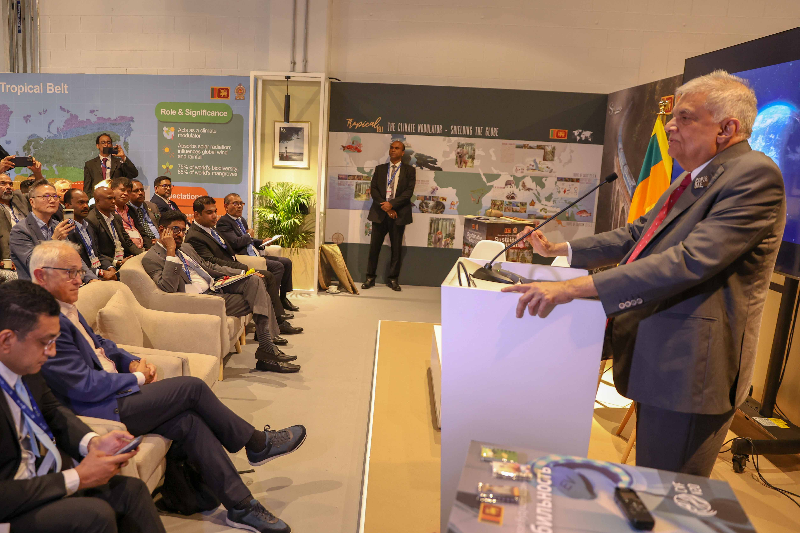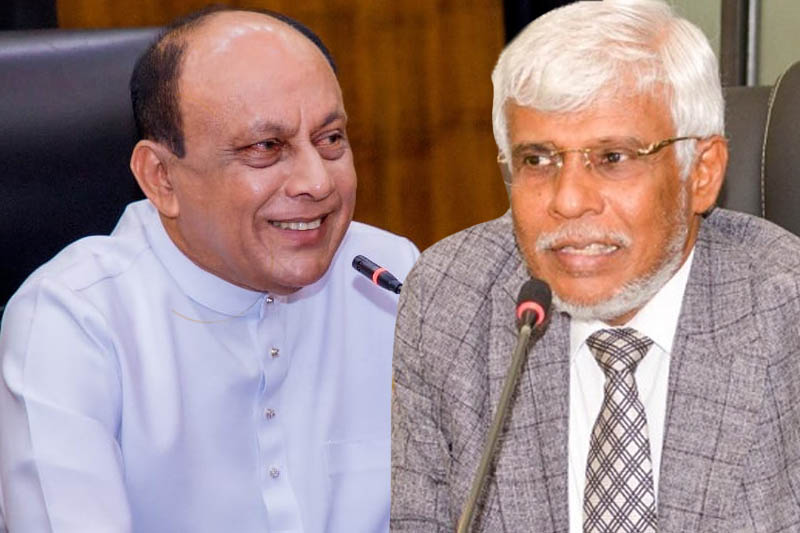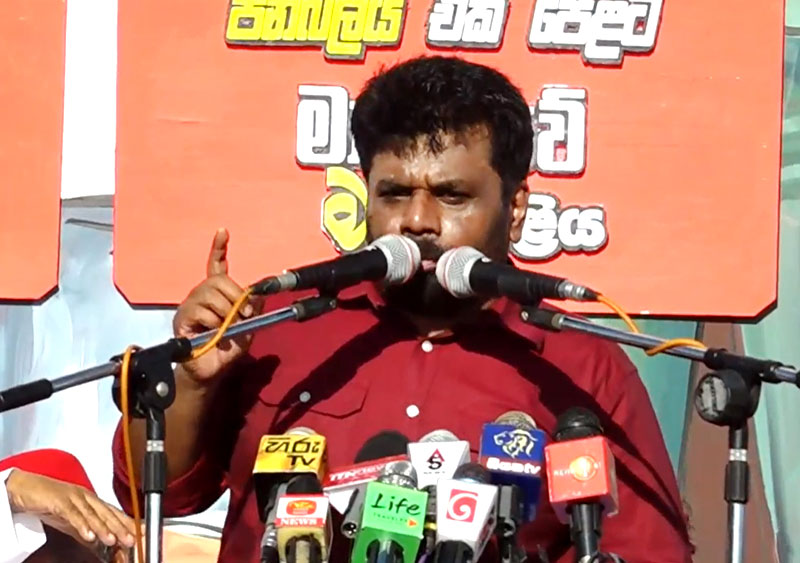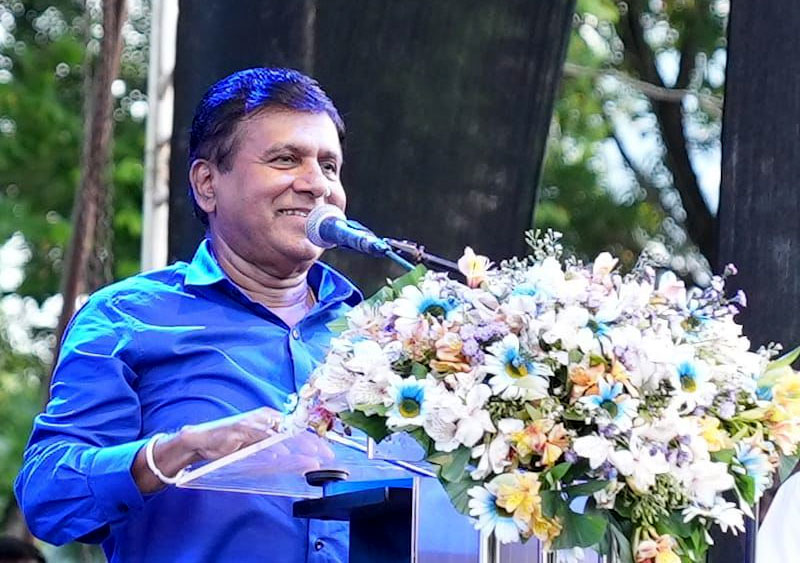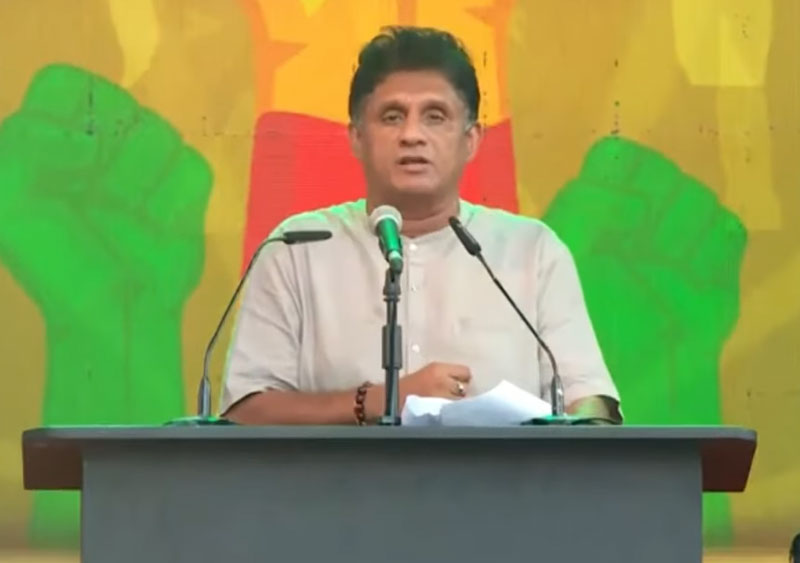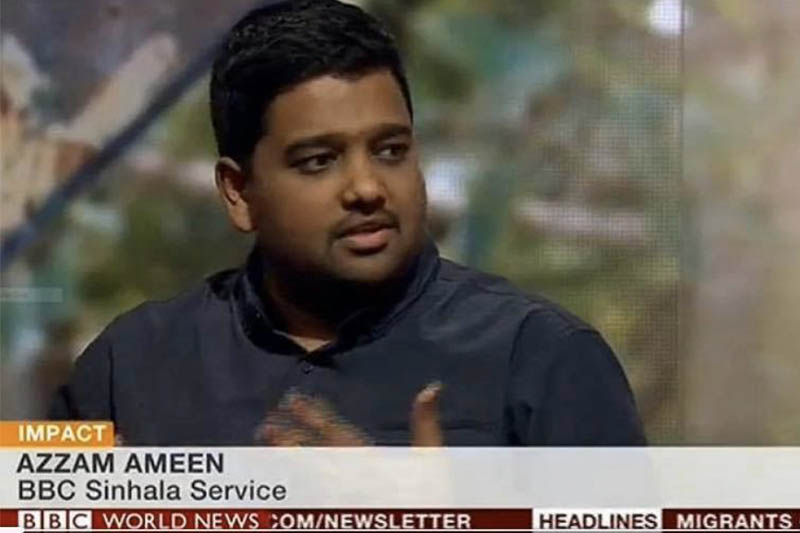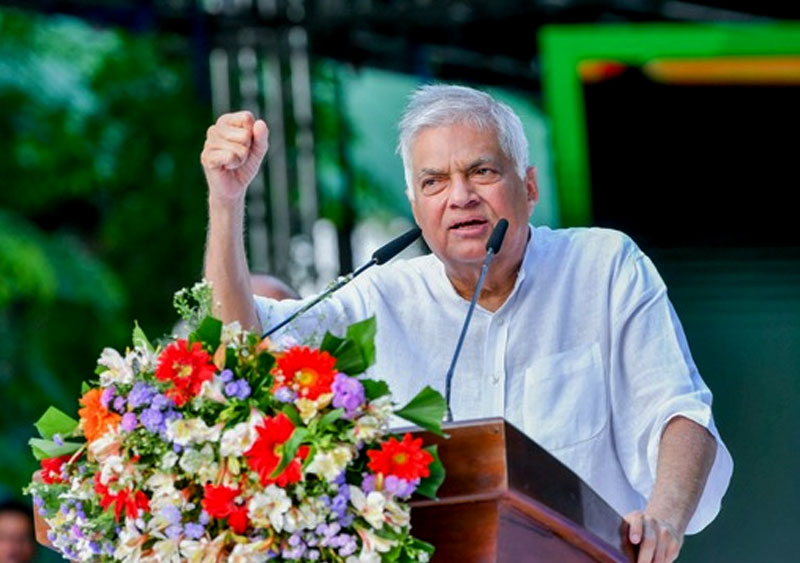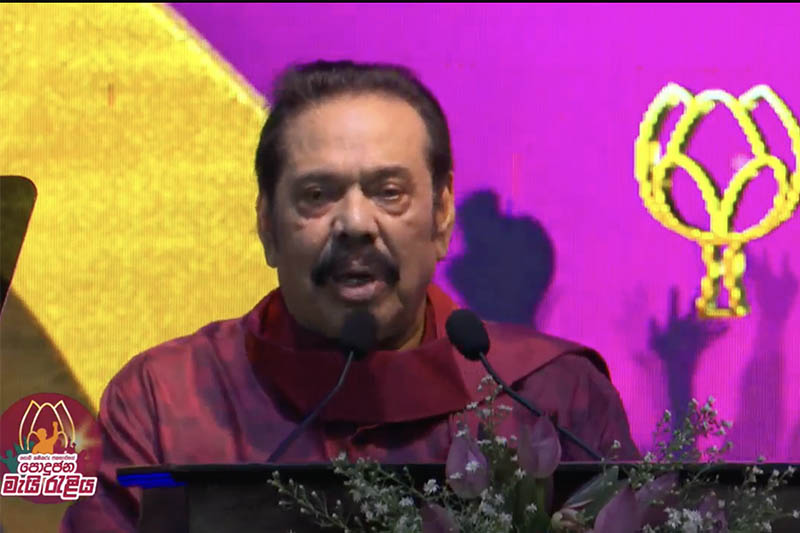At the UN Climate Change Conference (COP28) held in Dubai, UAE, President Ranil Wickremesinghe unveiled the ground-breaking Tropical Belt Initiative, a visionary plan aimed at addressing the challenges of global warming and securing sustainable development for nations within the tropical belt.
The President’s address highlighted the urgency of the initiative, emphasizing the need for a paradigm shift in climate funding and a multilateral approach to achieve meaningful results.
President Wickremesinghe began by addressing the uncertainties surrounding the 2030 target for peaking global temperatures.
He stressed the 50-50 chance of meeting this crucial goal and questioned the feasibility of expecting substantial financial contributions from governments. Instead, he proposed a bold approach that involves both tropical and non-tropical countries, as well as collaboration between the government and the private sector.
The Tropical Belt Initiative focuses on harnessing commercial investments in vital natural resources within the tropical belt, such as forests, swamps, and mangroves.
President Wickremesinghe emphasized the importance of making these investments commercially viable, unlocking the funds needed to combat global warming.
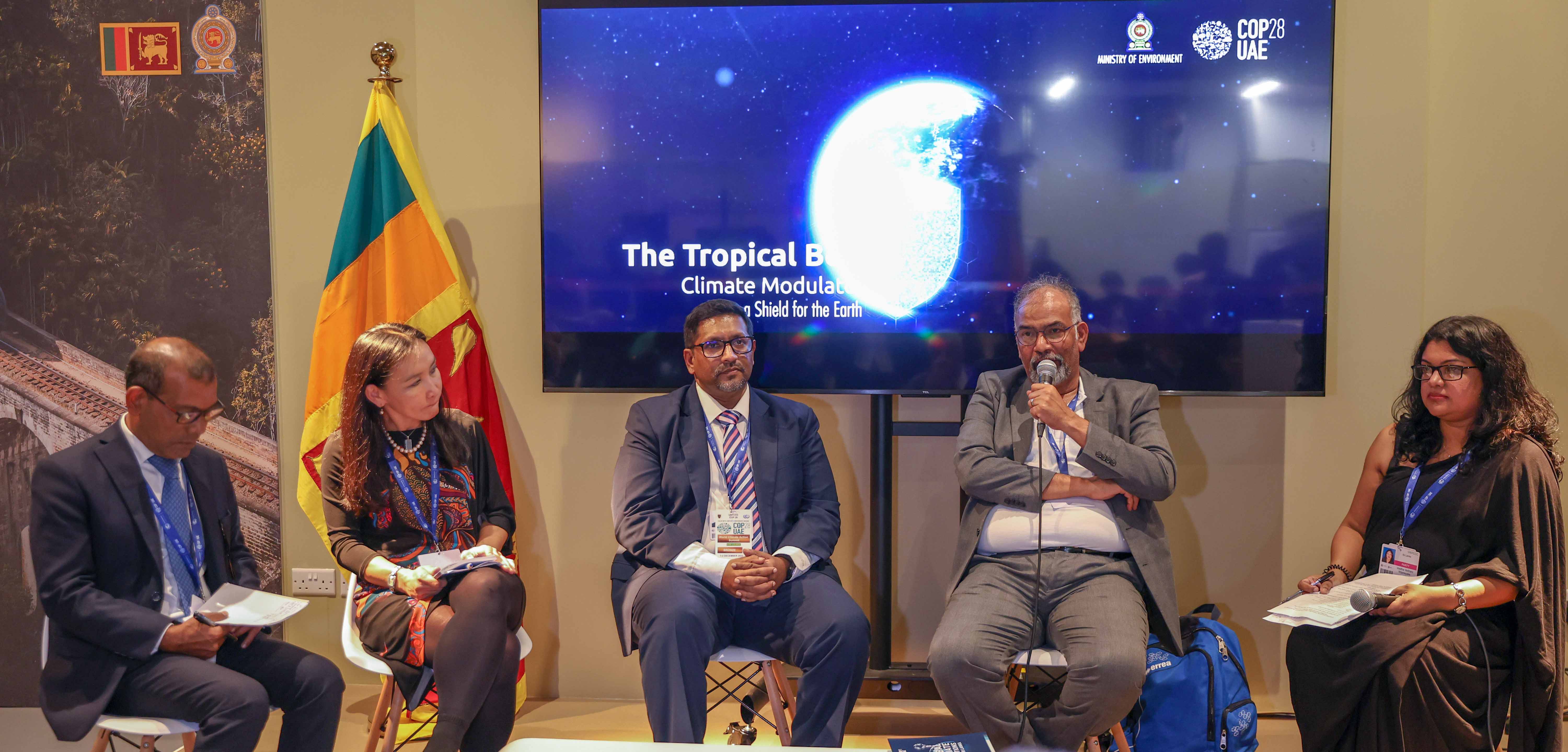
Image: PMD on X
He highlighted the initiative’s potential to attract private sector involvement, contributing to the ambitious goal of securing trillions of dollars annually.
Furthermore, President Wickremesinghe shed light on the collaboration with the Indian Ocean Rim Association to promote the blue economy and create a sustainable Indian Ocean.
The combination of the tropical belt initiative and efforts in the Indian Ocean is envisioned to become the world’s largest global sink for carbon.
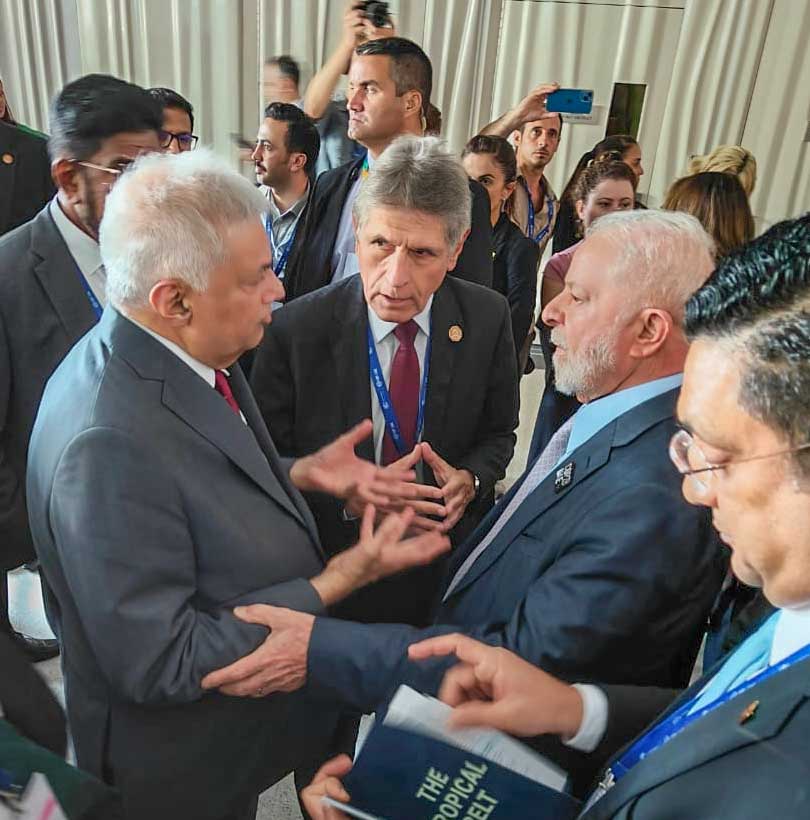
President Wickremesinghe (L) with the President of Brazil, Luiz Inácio Lula da Silva, on the sidelines of COP28. Image: PMD on X
The President also revealed discussions with world leaders, including Maldivian President, Kenyan President, President Lula of Brazil, and French President Macron, showcasing widespread interest in the initiative. He proposed the establishment of a panel of experts to report on the initiative, with plans to present the findings at COP30 in Brazil.
Additionally, President Wickremesinghe unveiled plans for the International Climate Change University (ICCU), a joint project between Sri Lanka and Maldives.
The ICCU aims to foster capacity building and central research, acting as a stakeholder university with contributions from interested parties.
The President concluded his address by emphasizing the need for a break from conventional thinking to mobilize the funds required, expressing optimism that the Tropical Belt Initiative and ICCU will lead the way for similar initiatives worldwide. As nations strive to meet climate goals, President Wickremesinghe’s proposals mark a significant step towards a sustainable and resilient future.
Former Prime Minister of Australia Malcom Turnbull was also in attendance at the event.
Prime Minister Turnbull congratulated Sri Lanka on the launch of the initiative, saying that the protection of the region is one of the biggest challenges.
ICCU officially launched
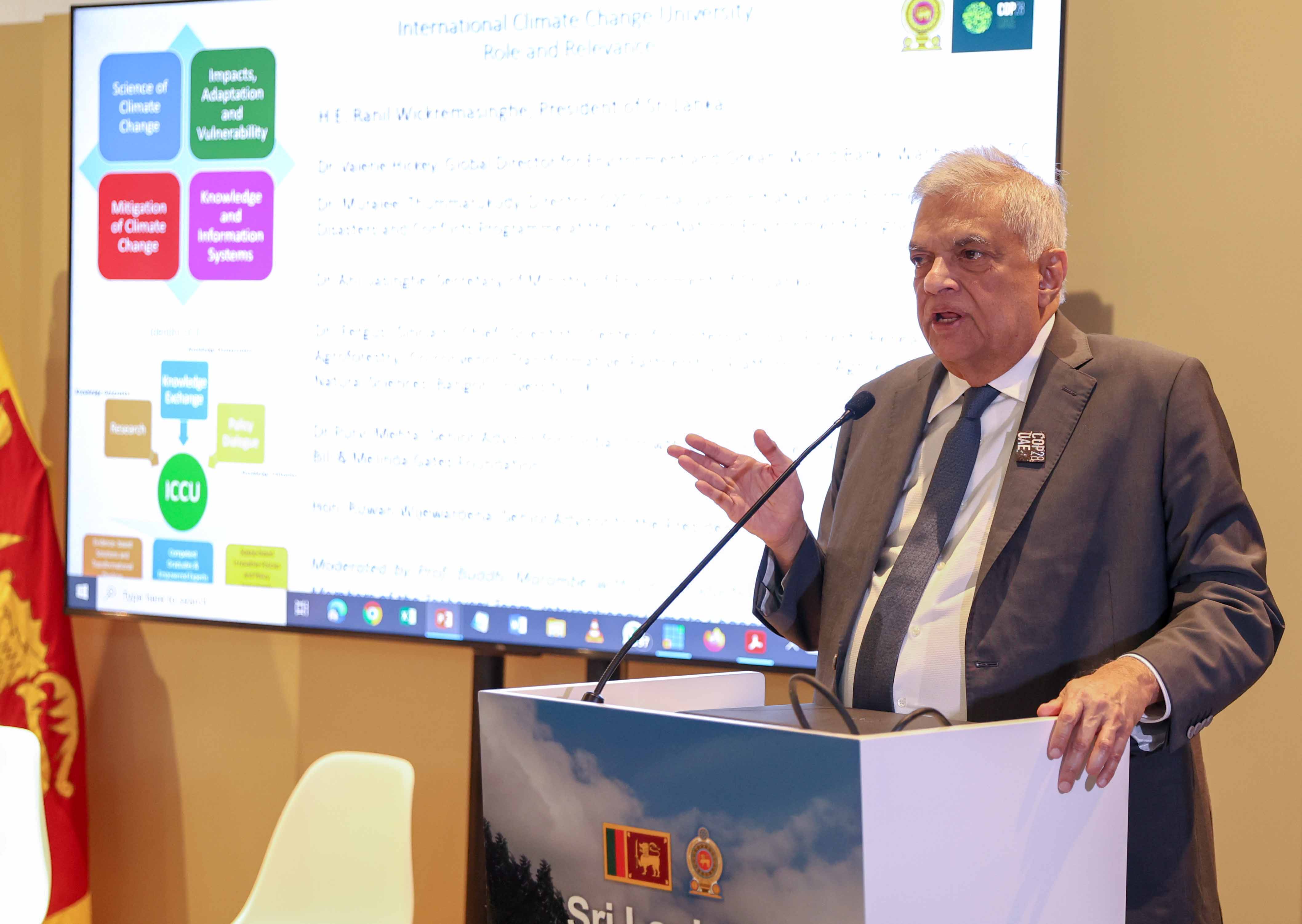
Image: PMD on X
In a bid to address the pressing challenges posed by climate change and the need for robust institutional frameworks, President Wickremesinghe officially launched the International Climate Change University (ICCU) today (03).
The President emphasized the necessity of institutional changes following the Paris Climate Agreement and highlighted the absence of alternative bodies to effectively tackle the on-going climate crisis.
President Wickremesinghe underlined that, despite the global commitment to the Paris Agreement, no significant institutional changes were implemented to assist the world in achieving the agreed-upon targets. Recognizing the urgency of the situation, he said the ICCU aims to fill this void by developing postgraduate-level capacity building, serving as a crucial support system for climate sciences.
The campus for the ICCU is set to be established on initially allocated 600 acres of land in Sri Lanka. However, President Wickremesinghe clarified that the university will not be confined to Sri Lanka; it will be an international stakeholder university, welcoming collaboration and contributions from around the world.
Highlighting the global nature of climate responsibility, President Wickremesinghe announced that Bangladesh, Seychelles and Moldova have already pledged their support to the ICCU. He emphasized that climate action is not the sole responsibility of any single nation and called upon the international community to join hands in this endeavour.
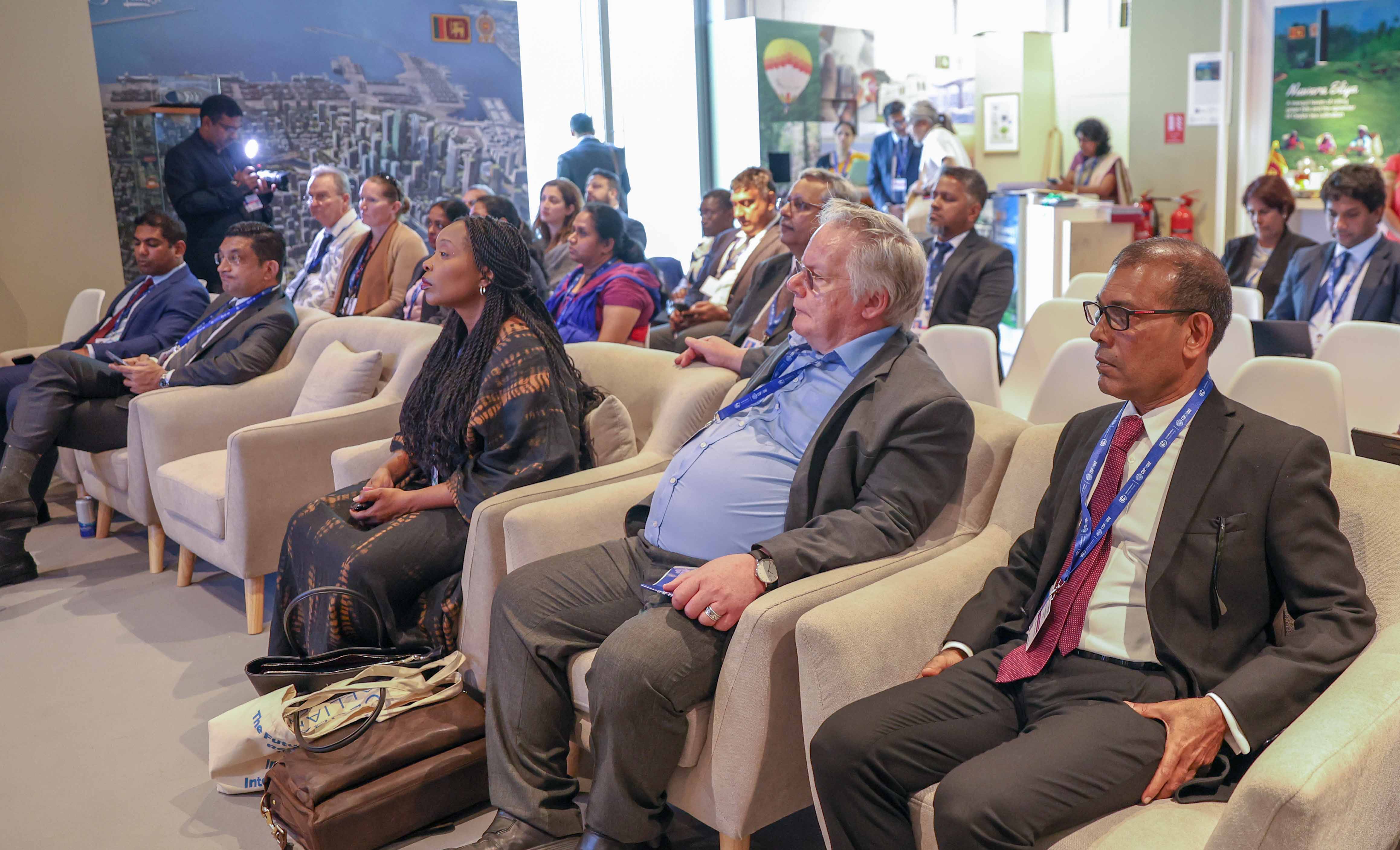
Image: PMD on X

